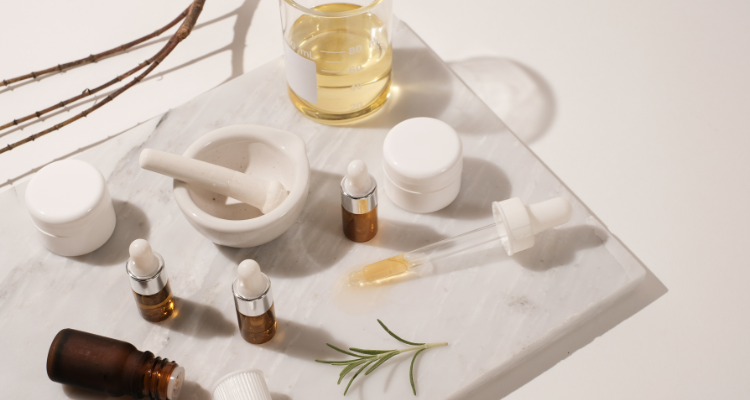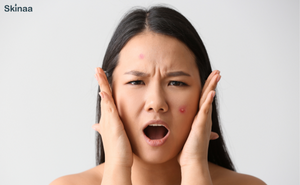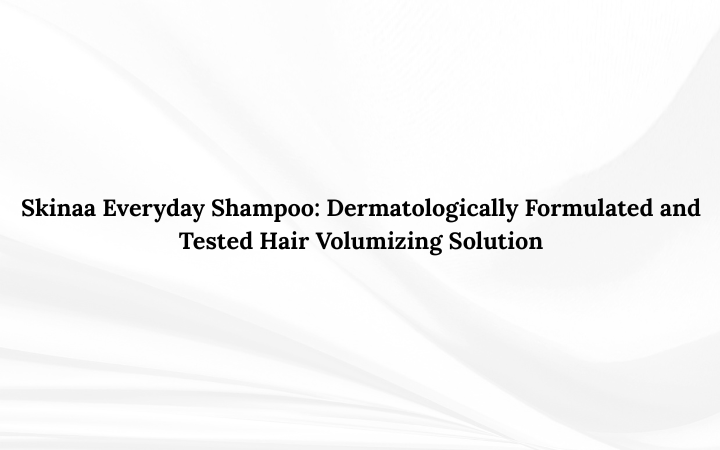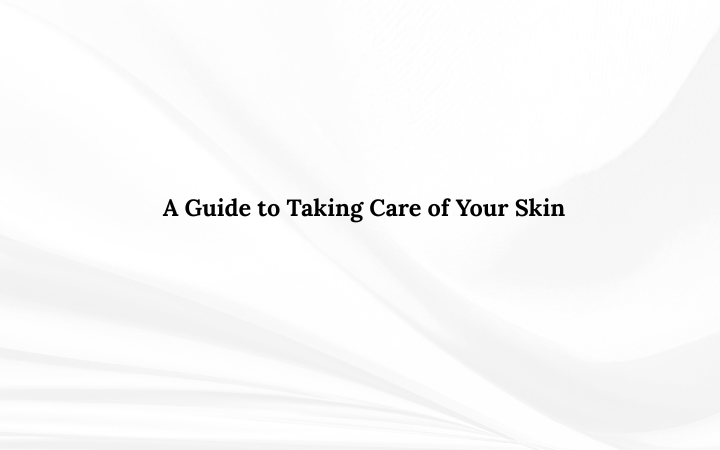The adage "you are what you eat" holds especially true when it comes to your skin. As the body's largest organ, the skin can be an indicator of overall health, and the effects of your diet can manifest visibly in its condition. This article explores how certain foods influence skin health, highlighting what to incorporate and what to avoid for a clear, glowing complexion.
Nutrition and Skin Appearance
The skin requires a variety of nutrients to maintain its health, elasticity, and radiance. Vitamins, minerals, antioxidants, and hydration play crucial roles in skin repair and regeneration.
1. Foods that Promote Skin Health
-
Fatty Fish: Salmon, mackerel, and herring are rich in omega-3 fatty acids, which are essential for maintaining skin health. Omega-3s keep skin thick, supple, and moisturized. A deficiency in omega-3 fats can lead to dry skin.
-
Avocados: High in healthy fats, avocados help to keep skin flexible and moisturized. They also contain compounds that may protect your skin from sun damage.
-
Walnuts: They are a good source of essential fatty acids, which are fats that your body cannot make itself. They are richer than most other nuts in both omega-3 and omega-6 fatty acids, a combination which can promote skin health.
-
Sunflower Seeds: An excellent source of nutrients, including vitamin E, which is an important antioxidant for the skin.
-
Sweet Potatoes, Carrots, and Bell Peppers: Rich in beta-carotene, which acts as a natural sunblock and may protect your skin from sun damage.
-
Broccoli: Contains vitamins and minerals important for skin health, including zinc, vitamin A, and vitamin C. It also contains lutein, a carotenoid that works like beta-carotene.
-
Tomatoes: A great source of vitamin C and all of the major carotenoids, especially lycopene. These can help protect your skin against damage from the sun and may help prevent wrinkling.
-
Dark Chocolate: Cocoa contains antioxidants that may help reduce skin roughness and protect against sunburn.
2. Foods to Avoid or Limit
-
Sugar and Refined Carbs: High consumption of sugar and refined carbohydrates can trigger the production of insulin, leading to increased oil production and contributing to acne and other skin conditions.
-
Dairy Products: For some individuals, dairy products might exacerbate skin conditions like acne due to hormonal components in milk.
-
Fast Food: High in trans fats, saturated fats, and various unhealthy additives, fast food can promote inflammation, which is linked to skin aging and worsening of skin conditions like acne and eczema.
Hydration and Skin Health
Staying well-hydrated is crucial for maintaining skin moisture and elasticity. Water consumption can flush out toxins and improve circulation and blood flow, helping your skin stay hydrated and radiant.
Diet plays a significant role in skin health, influencing everything from skin hydration to elasticity and aging. Incorporating a diet rich in antioxidants, healthy fats, and vitamins, while limiting sugar, refined carbs, and other inflammatory foods, can lead to visibly healthier skin. Moreover, regular hydration is essential to support these dietary efforts, ensuring that nutrients are efficiently distributed throughout the body, including the skin. By understanding and adjusting your dietary habits, you can take an active role in enhancing your skin's health and appearance.









